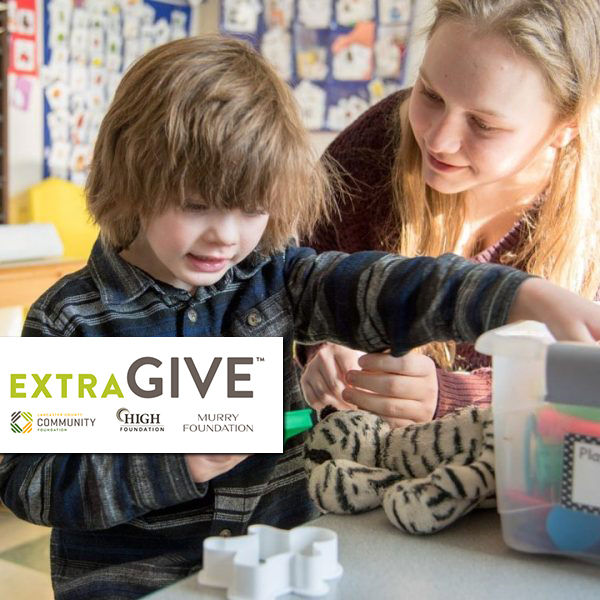 My kids haven’t been infants or toddlers for more years than I would care to mention, but my memory of those times would be that those days were anything but “routine.” I think that most families with young kids feel like the only thing routine about their day is “unpredictability.” For most people, a routine is doing the same thing, at the same time and in the same way each day. When trying to use routines as a learning opportunity for kids I find that parents or caregivers often respond that they don’t have a routine.
My kids haven’t been infants or toddlers for more years than I would care to mention, but my memory of those times would be that those days were anything but “routine.” I think that most families with young kids feel like the only thing routine about their day is “unpredictability.” For most people, a routine is doing the same thing, at the same time and in the same way each day. When trying to use routines as a learning opportunity for kids I find that parents or caregivers often respond that they don’t have a routine.
What does it mean to teach children during daily routines?
We think of routines as the parts of your day that have a start and a finish. This changes our thinking from a schedule to events. I would like to note that for most people schedules seem to imply structure. While young children thrive on structure and predictability this article is focusing on how to use your daily routines to enhance your child’s learning.
Figuring out your Routine
All families are different however we all generally share routines that involve eating, playing, bathing and bedtime. These routines are great learning opportunities for any child. For example, when your child is learning to walk, you might carry her to the highchair for breakfast or you could use that opportunity and help her walk to the highchair instead.
Ideas for using Routines as Learning Opportunities
- First, consider these questions:
- Think about the daily routines of your family.
- What skills are you child working to master? Where are they in their development?
- What are your priorities as a parent?
- Consider your own needs.
- For example, my son was not a morning child. On the days that I needed to get him to daycare, getting out the door on time was my only goal. It probably took him longer to learn to dress himself than it took his friends but I was confident that he would learn it one day. In the morning I just didn’t have the time to make it a priority for him to practice that skill. On the other hand, he was a late talker so it was a priority to bring communication strategies into our daily lives.
- Take the high priority skills your child is learning and your daily routine to see how many opportunities you can give your child for mastering a skill.
- Practice, Practice, Practice – young children love repetition!
Using Routine Based Learning for kids with unique developmental needs
Back in the day (as my grown-up children say), as a young occupational therapist, I would meet the family of a child in the waiting room of a specialized clinic, take the child away for “my” therapy, and return them to their parents at the end of 30 minutes with instructions for “their” home therapy program.
Thank goodness we have evolved to understand that parents are the most important and most consistent teacher that children will have. We have also recognized that children learn best when the task is relevant to their interests and needs. Out of this research, we have what we call Routines-based Intervention. This process is more natural and creates a much more comfortable and enjoyable experience for your child.
Those 30 minutes of therapy that I was able to give a child made little impact on his/her development compared to the number of minutes a child can practice each week with caregivers who have learned to enrich their routines with the learning opportunities that are so important to young children.
My role as a therapist has changed from working in a one-to-one situation with the child to being a mentor and coach to the family. I believe that with my background in development and the family’s knowledge of their child, their activities, and their priorities, we become a powerful team that can problem-solve and invent unique ways to help young children master new skills.

